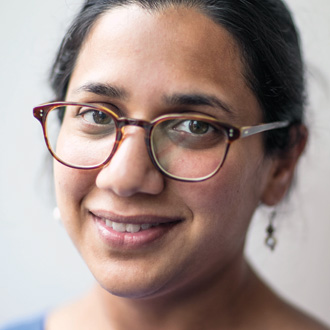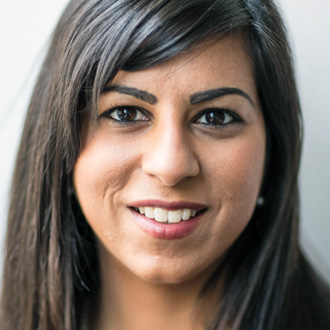Are young GPs’ career choices killing off partnerships?


We millennials and our funny ideas are wrecking general practice; that’s how the argument usually goes. We can’t hack being full time, haven’t the stamina to be partners and our obsession with ‘portfolio’ careers will bring the whole house of cards down.
But what should we do when everything points to a sessional career? Take our training. It fails to prepare us to take on all the roles in general practice that need filling. GP registrars do a gruelling seven clinical sessions, albeit relatively protected in terms of debriefing and support, and are in practice nine out of 10 sessions a week; we are the most regular fixture in the practice after the coffee machine.
While this does wonders in terms of developing resilience to the rigours of the clinic, it provides little exposure to the challenges of people management, finances and the politics of partnership. We are shielded from all of that – perhaps justifiably – but how are we meant to gain any idea of what the business side involves?
This discrepancy is there from day one of specialty training, leaving post-ST3s with their new CCTs fearful of joining practices as a partner. And after qualification, practices are reluctant to hire newly qualified GPs as partners, while the rapidly diminishing GP workforce means more locum doctors and salaried positions are needed to cope with demand. You can’t blame us for going where the jobs are and what we are trained to do.
What should we do when everything points to a sessional career?
Trainee burnout at ST3 is under-recognised, and there is no routine monitoring of how many trainees leave after specialty training. But I know that, for those that survive this process, the perception is already there that a full-time career in general practice may not be desirable, or even possible.
The idea of partnership as the pinnacle of a career is becoming outdated. Furthermore, the individual financial burden of living in large cities, especially London, means many trainees are unable to commit financially to a partnership.
GP trainees completing training may have ambitions to be a partner one day, but if the profession wants us to play a leadership role we need to be offered the opportunity to develop this during training and immediately after. Until then, many will take the sessional route.
Dr Maham Stanyon is a GPST3 in London

Partnership isn’t for everyone, nor is it the best way to deliver care in every community. But before we blame millennials for the possibility of its demise, it’s worth remembering the observation, often quoted by US healthcare expert Don Berwick, that ‘every system is perfectly designed to get the results it gets’.
I recently did a straw poll of 30 newly qualified GPs across the country. Most said they planned to stay in locum or salaried posts for now, but a third of them wish to become partners within the next five years. So the perception that all registrars will seize a one-way golden ticket to hop onto the sessional carousel is just that – a perception, based on generational pigeon-holing.
I’ve crossed paths with a few young GP partners, and hearing about how you can shape the direction of your practice is appealing. The autonomy, the ability to innovate and be truly invested in improving care beyond the patients in front of you, is a unique strength of general practice. And I suspect it played a big part for most of us in choosing this career.
But we’re seeing a subtle difference in what trainees value in their future careers. As with other sectors, flexibility, control and a better work-life balance are becoming more important. There are legitimate worries that need to be addressed, such as fear of being the ‘last (wo)man standing’, but none of these is a reason to write it off. I think the partnership model can and will adapt, even as large-scale general practice becomes more widespread.
We’re seeing a subtle difference in what trainees value in their future careers
At the same time, it’s a daunting prospect. Not because we’d prefer to clock out at 5pm in time for Love Island, but because it’s an unknown. I’ve heard very little about what partnership can offer during my training, nor have I learned the skills that I think are needed.
The pendulum has swung so far the other way that I see newly qualified partners, or those intending to be, almost embarrassed to put their hands up in support of it. It’s no longer seen as a goal to aspire to, the pinnacle of your career – but a liability. That needs to change. If we wish to sustain the partnership model, part of the responsibility lies with our seniors to show us its value, and help us feel confident and proud in making that leap ourselves.
Dr Nishma Manek is a GPST3 in London
Pulse October survey
Take our July 2025 survey to potentially win £1.000 worth of tokens










